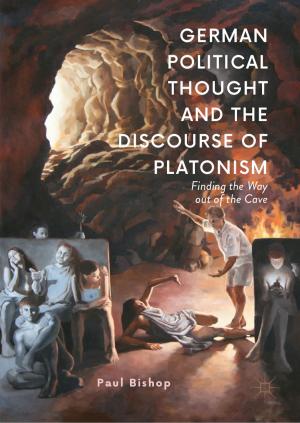New Political Ideas in the Aftermath of the Great War
Nonfiction, History, European General, British| Author: | ISBN: | 9783319389158 | |
| Publisher: | Springer International Publishing | Publication: | November 10, 2016 |
| Imprint: | Palgrave Macmillan | Language: | English |
| Author: | |
| ISBN: | 9783319389158 |
| Publisher: | Springer International Publishing |
| Publication: | November 10, 2016 |
| Imprint: | Palgrave Macmillan |
| Language: | English |
This edited collection presents new research on how the Great War and its aftermath shaped political thought in the interwar period across Europe. Assessing the major players of the war as well as more peripheral cases, the contributors challenge previous interpretations of the relationship between veterans and fascism, and provide new perspectives on how veterans tried to promote a new political and social order. Those who had frontline experience of the First World War committed themselves to constructing a new political and social order in war-torn Europe, shaped by their experience of the war and its aftermath. A number of them gave voice to the need for a world order free from political and social conflict, and all over Europe veterans imagined a third way between capitalist liberalism and state-controlled socialism. By doing so, many of them moved towards emerging fascist movements and became, in some case unwillingly, the heralds of totalitarian dictatorships.
This edited collection presents new research on how the Great War and its aftermath shaped political thought in the interwar period across Europe. Assessing the major players of the war as well as more peripheral cases, the contributors challenge previous interpretations of the relationship between veterans and fascism, and provide new perspectives on how veterans tried to promote a new political and social order. Those who had frontline experience of the First World War committed themselves to constructing a new political and social order in war-torn Europe, shaped by their experience of the war and its aftermath. A number of them gave voice to the need for a world order free from political and social conflict, and all over Europe veterans imagined a third way between capitalist liberalism and state-controlled socialism. By doing so, many of them moved towards emerging fascist movements and became, in some case unwillingly, the heralds of totalitarian dictatorships.















